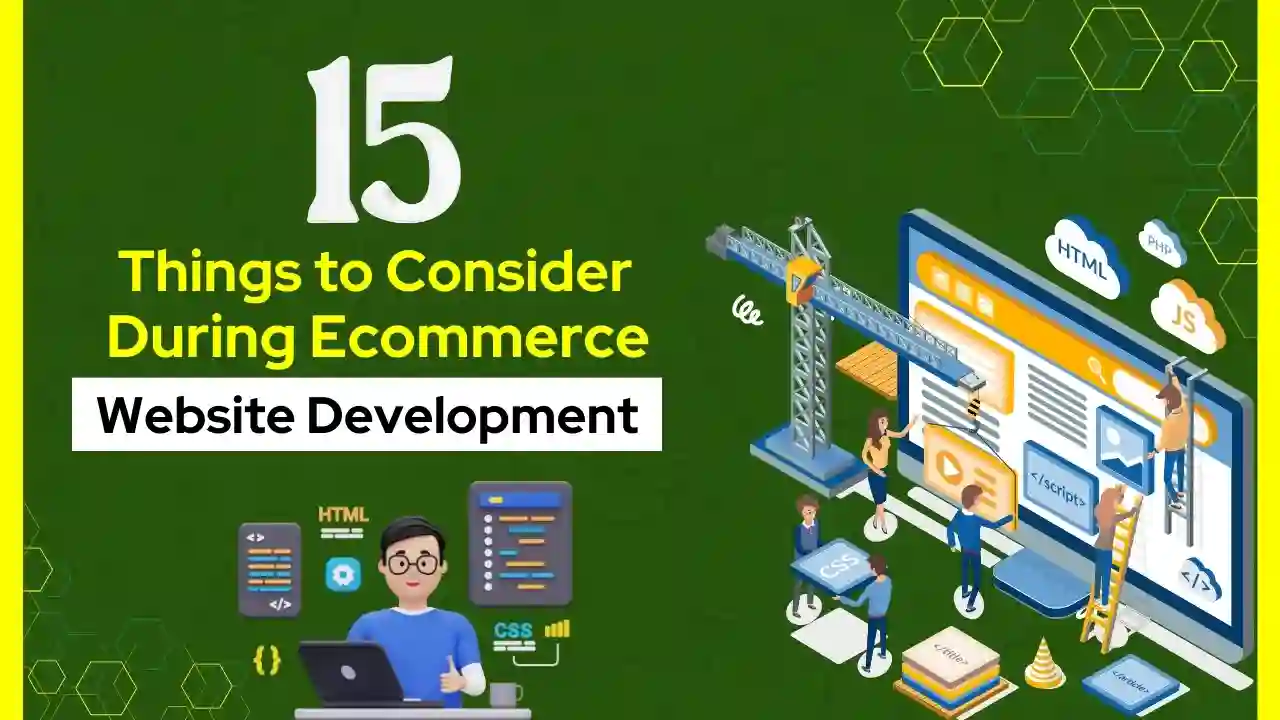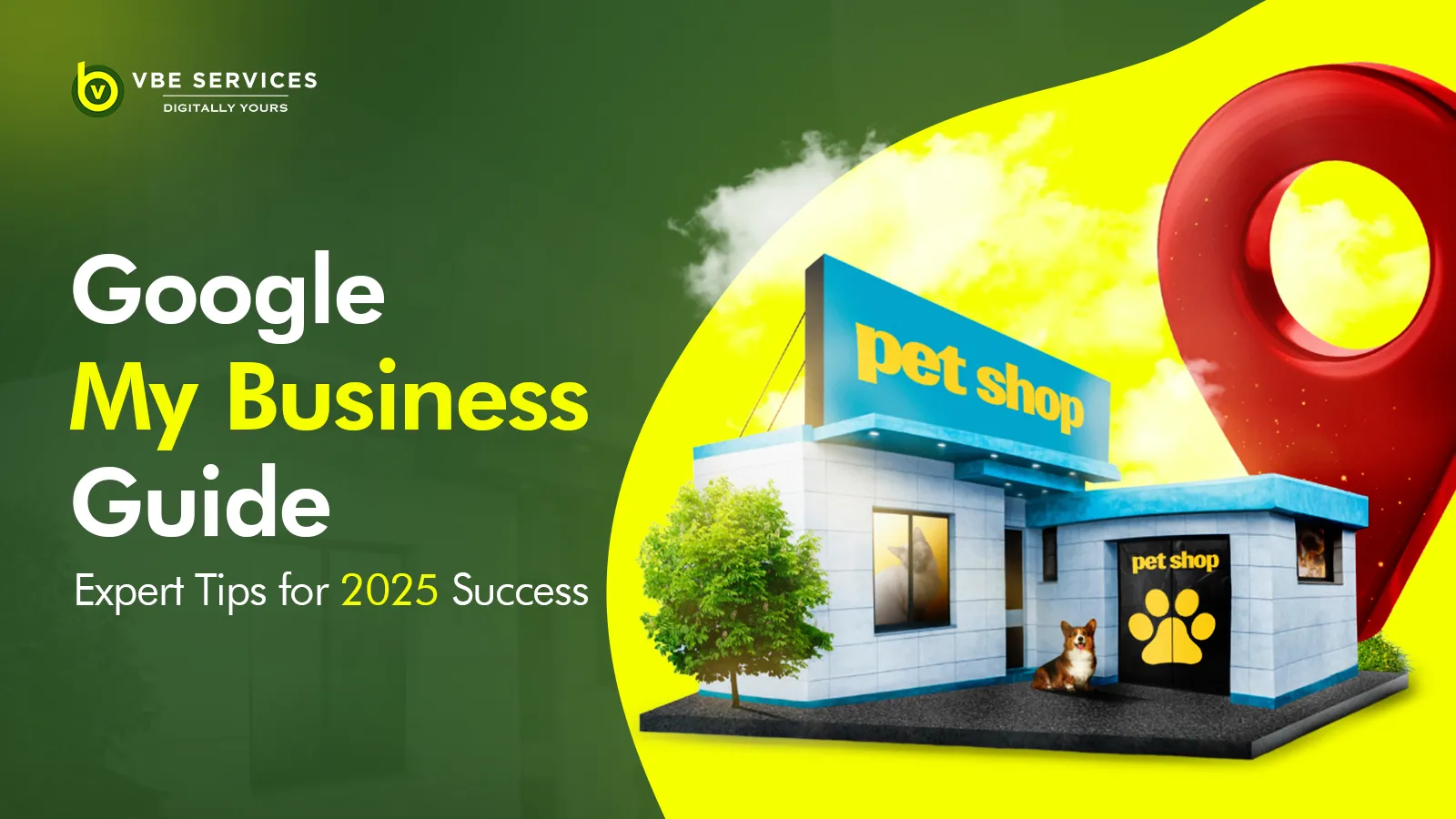

15 Things to Consider During eCommerce Website Development
Developing an eCommerce website involves multiple
considerations to ensure it meets business goals, attracts and retains
customers, and provides a seamless user experience. Partnering with a reliable
e-commerce website development company like VBE Services can significantly
enhance the process. In this blog, we’ll explore the top 15 things to consider
during eCommerce website development, incorporating keywords such as VBE
Services, e-commerce website development services, e-commerce website
development cost, e-commerce website developer near me, and professional
eCommerce website development services.
1. Business Objectives and Goals
Before diving into the technical aspects, clearly define
your business objectives and goals. Understanding what you aim to achieve with
your eCommerce website will guide the development process and ensure that all
features align with your business strategy.
2. Choosing
the Right Platform
Selecting the right e-commerce platform is crucial.
Platforms like Shopify, WooCommerce, Magento, and BigCommerce offer different
features, customization options, and pricing. An experienced e-commerce website
development company like VBE Services can help you choose the platform that
best suits your business needs.
3. User
Experience (UX) Design
A seamless and intuitive user experience is essential for
keeping customers engaged. Professional eCommerce website development services
focus on creating a user-friendly interface, easy navigation, and quick access
to products and information, ensuring a positive shopping experience.
4. Responsive
Design
With a significant number of shoppers using mobile devices,
having a responsive design that adapts to various screen sizes is
non-negotiable. Ensure your eCommerce website is mobile-friendly to reach a
broader audience and provide a consistent experience across all devices.
5. Website
Speed and Performance
Website speed is critical for user satisfaction and SEO
rankings. Slow-loading websites can lead to high bounce rates. Optimize images,
leverage browser caching, and use content delivery networks (CDNs) to enhance
your website’s performance.
6. Secure
Payment Gateways
Security is a top priority in eCommerce. Integrate secure
payment gateways to ensure safe transactions for your customers. Look for
payment gateways that offer encryption and comply with industry standards like
PCI DSS.
7. SEO
and Content Strategy
Effective SEO and content strategy are vital for driving
organic traffic to your eCommerce website. Implement SEO best practices,
including keyword optimization, meta tags, alt texts, and high-quality content
to improve your search engine rankings.
8. Product
Management
Efficient product management is crucial for an eCommerce
website. Ensure easy product addition, categorization, and inventory
management. Features like product reviews, ratings, and wish lists can enhance
the user experience and boost sales.
9. Shopping
Cart and Checkout Process
A smooth and hassle-free checkout process is essential for
reducing cart abandonment rates. Simplify the checkout process by minimizing
steps, offering multiple payment options, and providing a guest checkout
option.
10. Customer
Support Integration
Integrating customer support features like live chat, FAQs,
and contact forms can enhance customer satisfaction. Providing multiple
channels for customer support ensures that customers can get help whenever they
need it.
11. Social
Media Integration
Integrate social media buttons and sharing options to
leverage the power of social media. Social media integration allows customers
to share their purchases, leading to increased brand visibility and potential
new customers.
12. Analytics
and Reporting
Incorporate analytics and reporting tools to track your
website’s performance. Understanding customer behavior, sales trends, and other
key metrics can help you make informed decisions and improve your eCommerce
strategy.
13. Scalability
Your eCommerce website should be scalable to accommodate
growth. Plan for future expansion by choosing a platform and infrastructure
that can handle increased traffic, more products, and additional features
without compromising performance.
14. Legal
and Compliance
Ensure your eCommerce website complies with legal
requirements and industry standards. This includes privacy policies, terms and
conditions, cookie policies, and compliance with regulations like GDPR for data
protection.
15. Professional
ECommerce Website Development Services
Partnering with a professional eCommerce website development
company like VBE Services ensures that all these considerations are expertly
handled. With experienced e-commerce website developers near you, you can
achieve a high-quality, efficient, and secure eCommerce website tailored to
your business needs.
E-Commerce
Website Development Cost
The cost of e-commerce website development can vary widely
depending on the platform, complexity, features, and customization required. While
it might be tempting to cut costs, investing in quality development services
can save you money in the long run by ensuring a robust and scalable website.
Discuss your budget and requirements with your e-commerce website development
company to get a detailed quote and plan accordingly.
Conclusion
Developing an eCommerce website involves numerous critical
considerations, from user experience and responsive design to security and
scalability. By focusing on these 15 essential aspects and partnering with a
reputable e-commerce website development company like VBE Services, you can
create a successful online store that meets your business goals and provides an
exceptional shopping experience for your customers.
Whether you're looking for an e-commerce website developer
near you or professional eCommerce website development services, VBE Services
offers comprehensive solutions tailored to your needs. By considering all these
factors and investing in quality development, you can ensure your eCommerce
website stands out in a competitive market and drives your business growth.





